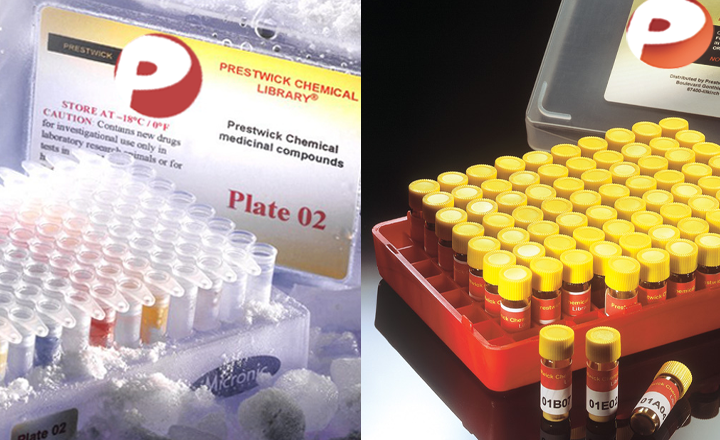A whole-cell assay for specific inhibitors of translation initiation in bacteria.
Raneri M, Sciandrone B, Briani F
Journal of biomolecular screening - vol. 20 627-33 (2015)
Journal of biomolecular screening
The bacterial translational apparatus is an ideal target for the search of new antibiotics. In fact, it performs an essential process carried out by a large number of potential subtargets for antibiotic action. Moreover, it is sufficiently different in several molecular details from the apparatus of Eukarya and Archaea to generally ensure specificity for the bacterial domain. This applies in particular to translation initiation, which is the most different step in the process. In bacteria, the 30S ribosomal subunit directly binds to the translation initiation region, a site within the messenger RNA (mRNA) 5′-untranslated region (5′-UTR). 30S binding is mediated by the interaction of both the 16S ribosomal RNA and the ribosomal protein S1 with specific regions of the mRNA 5′-UTR. An alternative, S1-independent pathway is enjoyed by leaderless mRNAs (i.e., transcripts devoid of a 5′-UTR). We have developed a simple fluorescence-based whole-cell assay in Escherichia coli to find inhibitors of the canonical S1-dependent translation initiation pathway. The assay has been set up both in a common E. coli laboratory strain and in a strain with an outer membrane permeability defect. Compared with other whole-cell assays for antibacterials, the major advantages of the screen described here are high sensitivity and specificity.


